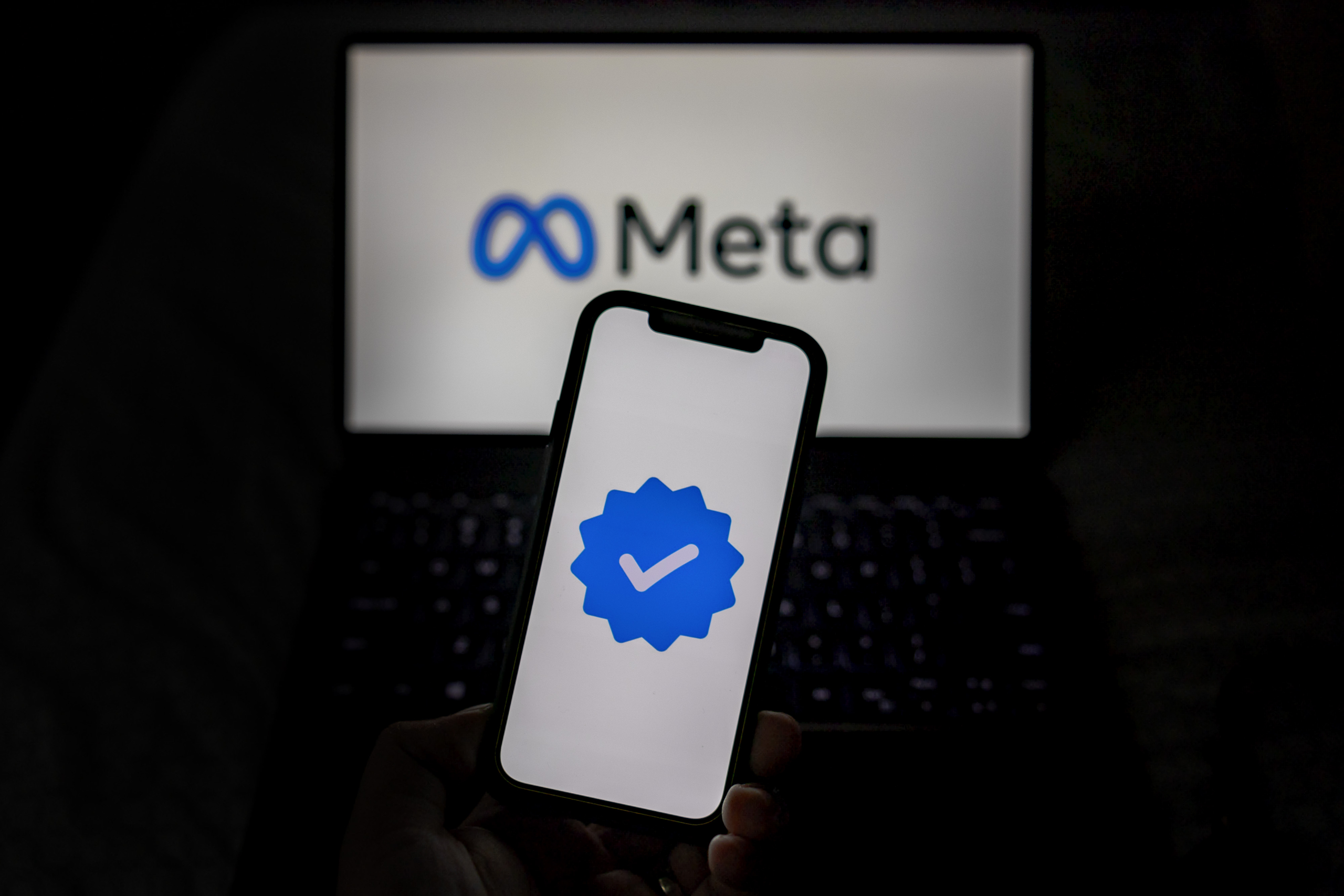By MATT O’BRIEN AP Technology Writer
Artificial intelligence chatbot makers OpenAI and Meta say they are adjusting how their chatbots respond to teenagers asking questions about suicide or showing signs of mental and emotional distress.
OpenAI, maker of ChatGPT, said Tuesday it is preparing to roll out new controls enabling parents to link their accounts to their teen’s account.
Parents can choose which features to disable and “receive notifications when the system detects their teen is in a moment of acute distress,” according to a company blog post that says the changes will go into effect this fall.
Regardless of a user’s age, the company says its chatbots will attempt to redirect the most distressing conversations to more capable AI models that can provide a better response.
EDITOR’S NOTE — This story includes discussion of suicide. If you or someone you know needs help, the national suicide and crisis lifeline in the U.S. is available by calling or texting 988.
The announcement comes a week after the parents of 16-year-old Adam Raine sued OpenAI and its CEO Sam Altman, alleging that ChatGPT coached the California boy in planning and taking his own life earlier this year.
Jay Edelson, the family’s attorney, on Tuesday described the OpenAI announcement as “vague promises to do better” and “nothing more than OpenAI’s crisis management team trying to change the subject.”
Altman “should either unequivocally say that he believes ChatGPT is safe or immediately pull it from the market,” Edelson said.
Meta, the parent company of Instagram, Facebook and WhatsApp, also said it is now blocking its chatbots from talking with teens about self-harm, suicide, disordered eating and inappropriate romantic conversations, and instead directs them to expert resources. Meta already offers parental controls on teen accounts.
A study published last week in the medical journal Psychiatric Services found inconsistencies in how three popular artificial intelligence chatbots responded to queries about suicide.
The study by researchers at the RAND Corporation found a need for “further refinement” in ChatGPT, Google’s Gemini and Anthropic’s Claude. The researchers did not study Meta’s chatbots.
The study’s lead author, Ryan McBain, said Tuesday that “it’s encouraging to see OpenAI and Meta introducing features like parental controls and routing sensitive conversations to more capable models, but these are incremental steps.”
“Without independent safety benchmarks, clinical testing, and enforceable standards, we’re still relying on companies to self-regulate in a space where the risks for teenagers are uniquely high,” said McBain, a senior policy researcher at RAND and assistant professor at Harvard University’s medical school.
